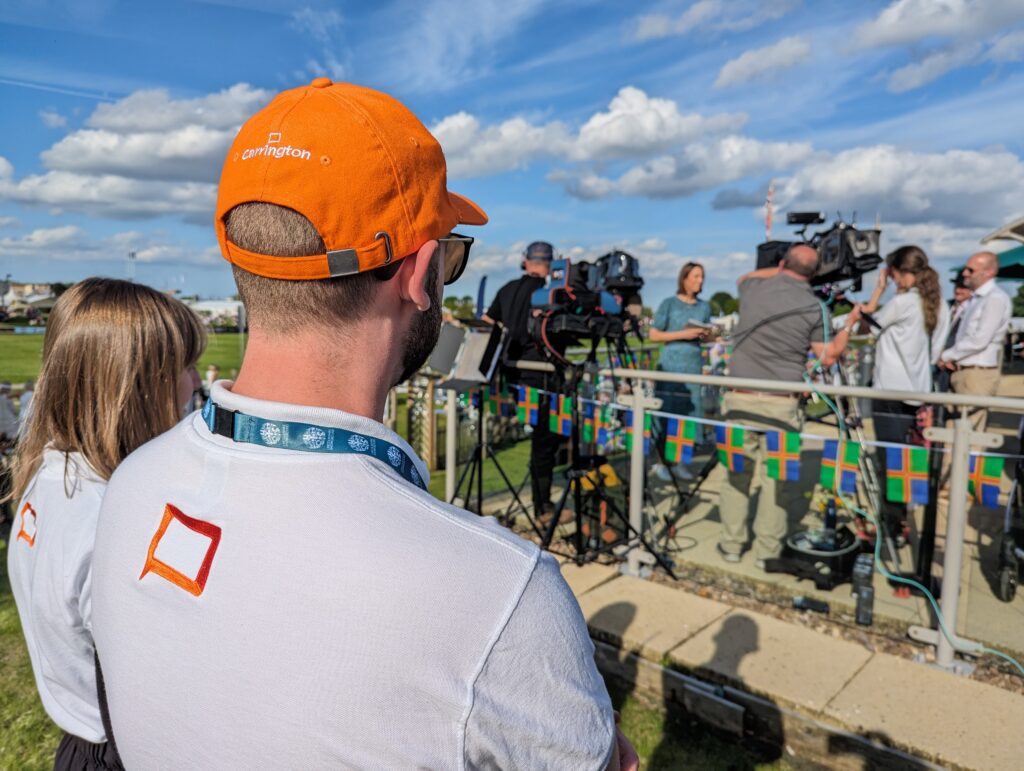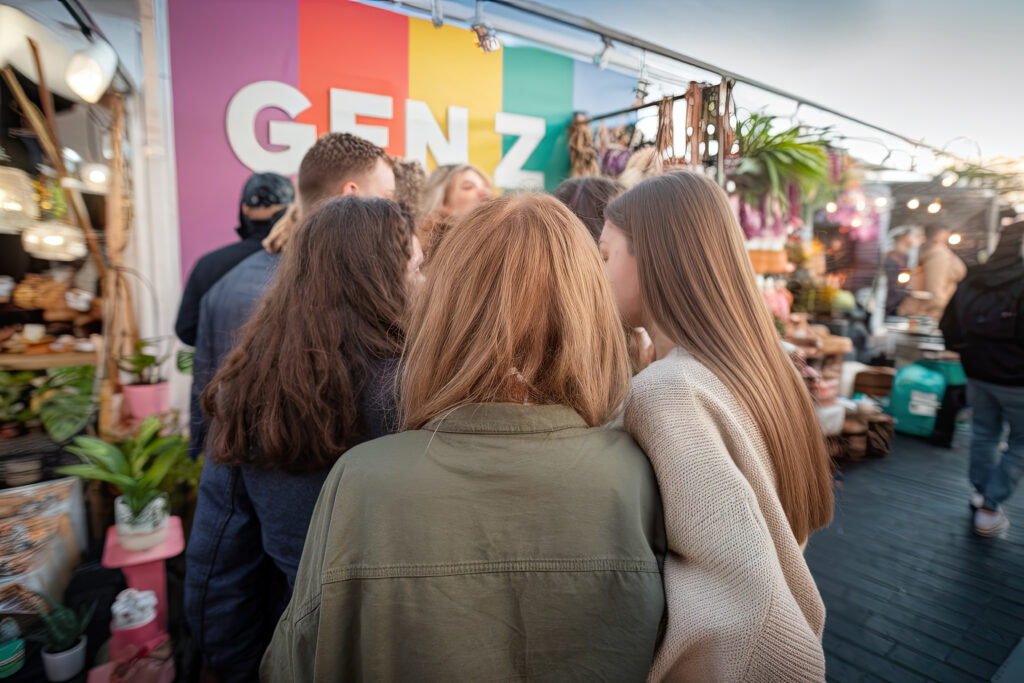When hosting an event, whether it’s brand new or an annual tradition, marketing plays a key role in driving attendance and generating a return on investment.
The main objective of event marketing is to shout about your event and drive ticket sales, and this can be done through tactics including PR, social media (both paid and organic), PPC, email marketing and out-of-home advertising. Your own website can also play a major role in marketing your event.
Setting out a marketing strategy is a key part of event planning and a good strategy should begin by considering who the target audience is, which channels will be used to reach them, how each channel will be used and what budgets should be set for each channel – just to name a few things.
Once you’ve got this in the bag, you’ll be in a great position to reach your audience, generate interest and drum up bookings.

Why is event marketing important?
Without event marketing, you’ll seriously struggle to host a successful, financially viable event. Even the most well-known events that return year after year still have to invest in marketing, so that people know what’s new and what they’ve got to look forward to.
Whatever the scale of the event, organisers have to make a significant initial investment to secure things like venues, suppliers and entertainment – all things that, ideally, need to be confirmed before you start marketing the event.
Therefore, marketing plays a key role in helping draw in the crowds and put on a successful, sustainable event.
And you can take our word for it because we’ve supported the PR and marketing for Lincolnshire Show, Newark Book Festival, Countryside Lincs, Welton Arts & Music Festival, and scores of events at Harlaxton Manor and Doddington Hall, as well as shows from performing arts companies, large and small.
Expert tips for marketing and events
Getting event marketing right takes a lot of planning to ensure you’re utilising the right channels and reaching the right people. To give your plan the greatest chance of success as possible, here are a few things to consider.
Take an integrated approach
When marketing your event, you need to think about all the different channels you need to utilise to reach your target audience. There’s no use in only using one marketing channel – you need to use them all together and make sure the content is aligned.
For example, if you’re using PR tactics like press releases to announce key elements of the event, then it makes sense to plan social media posts and website updates, like blogs, to go out at the same time. By integrating all your different marketing channels, your target audience will see the same messaging in lots of different places, helping to enforce your message and hopefully drive ticket sales.

Make use of imagery
Good event marketing relies on having strong visual elements that draw people in and make them want to come along. Think about it – if you see a long news article which gives information about an upcoming event, is it going to pique your interest and make you want to buy tickets? Probably not.
To drum up excitement about your event, you need good imagery that shows people exactly what they’re going to experience if they come along. That’s why having a photographer at events is so important, so you can reuse the images in next year’s event marketing.
This can be difficult if you’re hosting a brand new event, but don’t worry – there are ways around it. You can get creative by making graphics or making use of third party content. For example, if you have other businesses attending your event as one of the attractions, then you can utilise their existing content to give people an idea of what’s in store.
Don’t forget about on-the-day social media marketing
Because the main objective of event marketing is to drive attendance at your event, it can be easy to get wrapped up in this and forget to do any marketing on the actual day itself.
Arguably, your marketing should have already done its job by this point, but on-the-day social media marketing is still important for generating excitement, engaging with your visitors and encouraging people to come to your next event. If your event is held over two days or more, posting throughout one day can have a real impact on attendance for the next.
You can also use social media to share any important updates, highlight some of the best parts of the event and encourage people to share their own experiences. This can also help to build a relationship with your customers, which will hopefully make them return to next year’s event!
At Carrington, we have a wealth of experience in event marketing and have helped some of the best known shows, venues and destinations reach big audiences and welcome huge crowds.
If you’ve got an event coming up and need our help, whatever stage of the planning process you’re at, then get in touch with our expert team today.



